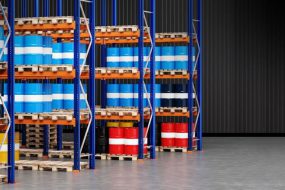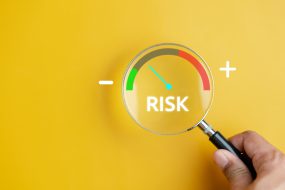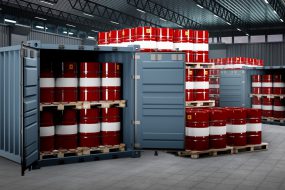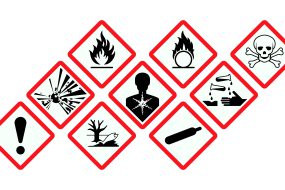The chemical industry may not always grab headlines, but it powers almost every aspect of our daily lives. From pharmaceuticals and plastics to fertilisers and fuels, chemicals are at the core of global production. Getting these products from A to B safely, quickly, and cost-effectively is no small feat — and that’s where chemical logistics comes in.
The challenge? Chemical supply chains are notoriously complex. Products are often hazardous, regulations are strict, and any disruption — whether from a natural disaster, political tension, or market shock — can cause major headaches. Add to this the growing need for speed and transparency, and it’s clear that traditional methods are no longer enough.
Enter technology. Digital tools are already reshaping how chemical logistics companies operate, unlocking efficiencies, improving safety, and creating more resilient supply chains.
Related Reading: How to avoid costly mistakes in chemical logistics
Smart monitoring with IoT
One of the biggest breakthroughs comes from the Internet of Things (IoT). Think of it as giving shipments a digital voice. Sensors now monitor the real-time condition of chemical cargo, tracking temperature, pressure, and humidity as they move across the supply chain.
This kind of visibility is vital. It ensures sensitive chemicals are transported under the right conditions, reducing risks of accidents, spoilage, or costly delays. And it doesn’t stop there — IoT also improves asset management.
By tracking containers, vehicles, and equipment, companies can make smarter use of their resources while cutting down inefficiencies.
Predicting the future with AI and advanced analytics
While IoT keeps an eye on the present, artificial intelligence (AI) and analytics help chemical logistics teams plan for the future. By crunching vast amounts of data, these tools reveal patterns that humans would struggle to see.
This insight means more accurate demand forecasts, better inventory planning, and optimised transport routes. Even better, AI-powered models can anticipate potential disruptions — giving companies a chance to prepare alternative routes or backup strategies before problems escalate.
The result? A supply chain that’s not just efficient, but also far more resilient.
Related Reading: Struggling with cold chain gaps? Smarter logistics is the fix
Building trust through blockchain
When it comes to chemicals, accurate documentation and traceability aren’t optional — they’re essential. That’s why blockchain is proving to be such a valuable addition to the logistics toolkit.
By recording every transaction on a secure, tamper-proof digital ledger, blockchain makes supply chains more transparent. It ensures regulators, partners, and customers can trust the data, reducing the risk of errors or disputes. For hazardous materials especially, this kind of visibility is a must-have for compliance and safety.
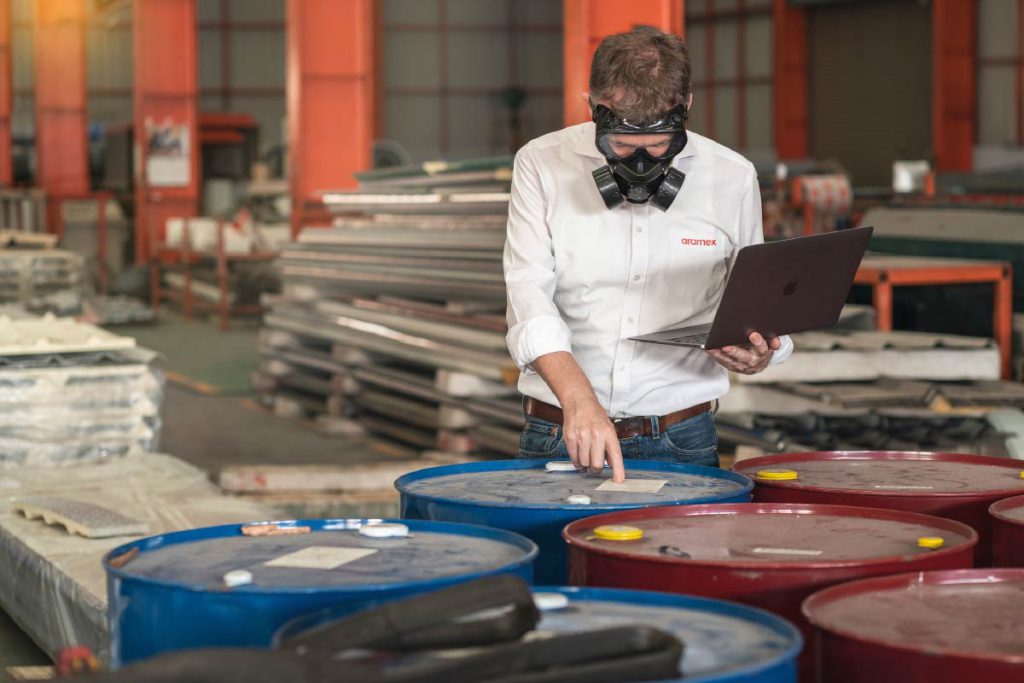

Related Reading: Reinventing medical logistics for better outcomes
What’s next for chemical logistics?
The future of chemical logistics will be shaped by technology. Companies that embrace digital transformation will be better equipped to manage risks, adapt to change, and seize new opportunities. But this isn’t just about adopting new tools — it’s also about people and collaboration.
Chemical logistics companies need to invest in skills, bringing in talent with digital expertise while upskilling existing teams. And no one can do it alone. Industry-wide collaboration will be key to building resilient, safe, and efficient supply chains for the long run.
Key takeaway: Tech-Driven Logistics, Safer Chemicals
Chemical logistics is at a turning point. The industry faces unique challenges, but technology — from IoT and AI to blockchain — offers powerful solutions.
By embracing digital transformation, companies can reduce costs, boost safety, and build supply chains that are fit for the future. Those that adapt will not just survive but thrive in an increasingly competitive global market.
Want to know more about our secure freight solutions for the transport of dangerous goods? Get in touch with our experts today.

